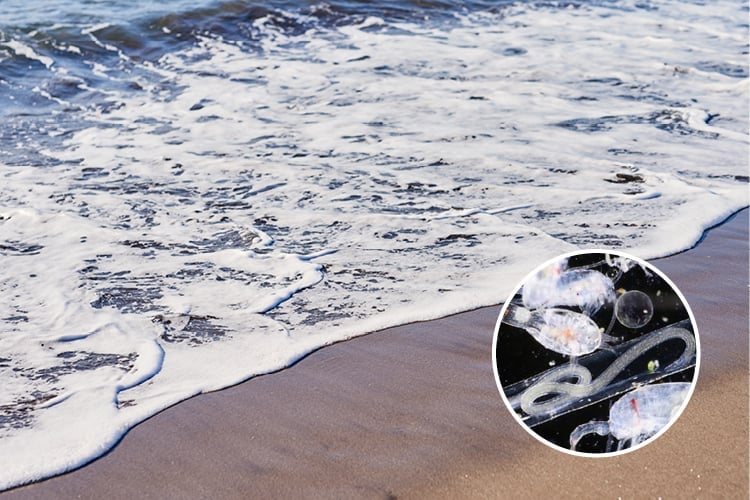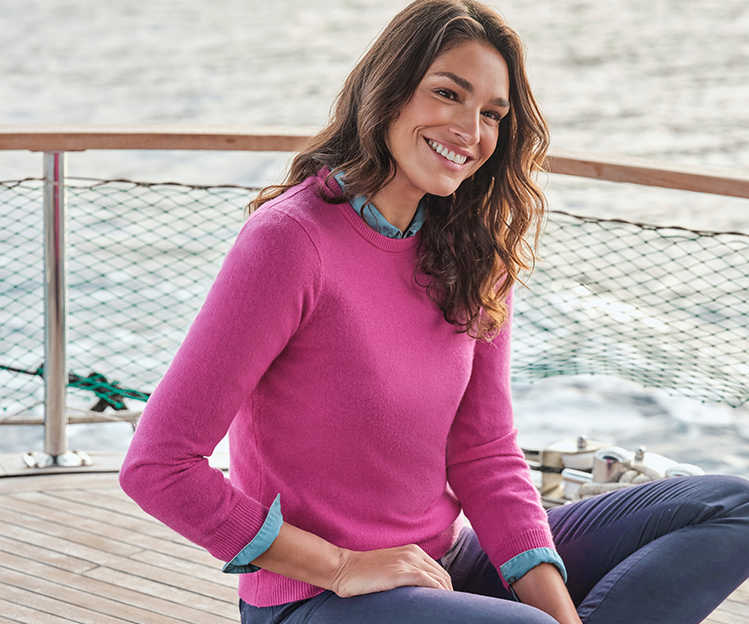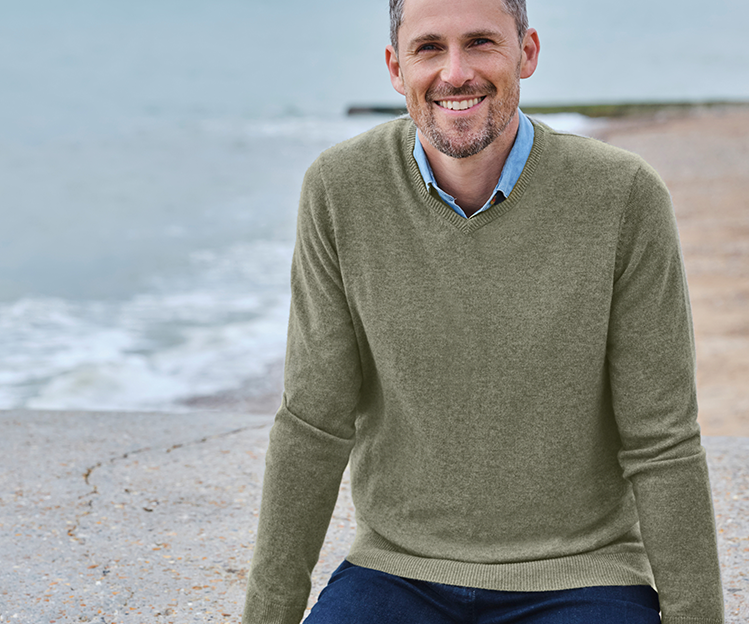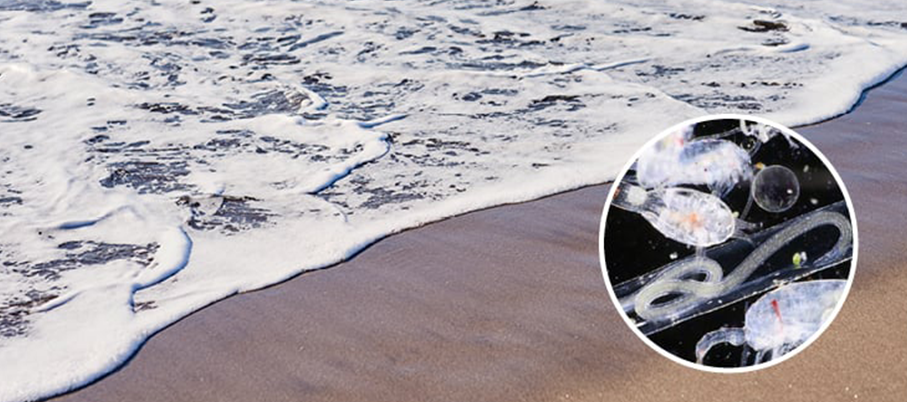Something fishy
is going on!
Did you know your clothing
could be poisoning our food chain?

What are microfibres?
60% of all clothing is made from synthetic fibres such as polyester, nylon & acrylic. These fabrics are PLASTIC.
When you wash a synthetic garment at home, tiny plastic microfibres less than 5mm long are released into the water supplies ending up in our rivers, oceans and food. Plastic microfibres do not biodegrade.
More than 4,500 fibres can be released per gram of clothing every time you do your laundry.
What are microfibres?
60% of all clothing is made from synthetic fibres such as polyester, nylon & acrylic. These fabrics are PLASTIC.
When you wash a synthetic garment at home, tiny plastic microfibres less than 5mm long are released into the water supplies ending up in our rivers, oceans and food. Plastic microfibres do not biodegrade.
More than 4,500 fibres can be released per gram of clothing every time you do your laundry.
Fancy some tasty plastic?
These microfibres are very difficult to see, which is why it has taken scientists so long to realise they are such a problem.
Studies have now shown that plastic microfibres have been found in the fish and seafood we eat. They have also been found in commercially grown oysters and mussels purchased from supermarkets.
Latest research suggests that plastic microfibres are even in the air we breathe. We cannot escape them. As of yet we do not fully understand the damage that consuming these plastic microfibres can do to us.
Our natural yarns do not contain microfibre plastic.

Fancy some tasty plastic?
These microfibres are very difficult to see, which is why it has taken scientists so long to realise they are such a problem.
Studies have now shown that plastic microfibres have been found in the fish and seafood we eat. They have also been found in commercially grown oysters and mussels purchased from supermarkets.
Latest research suggests that plastic microfibres are even in the air we breathe. We cannot escape them. As of yet we do not fully understand the damage that consuming these plastic microfibres can do to us.
Our natural yarns do not contain microfibre plastic.


We are on a mission
By wearing fewer man-made fibres and switching to quality natural fibres, you can help us
on our mission to keep plastic microfibres out of our oceans and food supply.
If you must wear synthetic clothing, use our guppy bag to prevent plastic microfibres polluting our waterways.
Natural yarns such as wool are naturally stain and odour
repellent, so need less washing saving on electricity bills. Air dry your clothing. Nothing beats the smell of clean washing off a washing line. Tumble
Dryers use valuable energy and the friction causes synthetic clothing to shed their polluting fibres. They will wear you clothes out quicker, so you’ll need to replace them more often. Our woolly balls will reduce static cling, reduce drying time and so reduce your electricity bills.
We are on a mission
By wearing fewer man-made fibres and switching to quality natural fibres, you can help us
on our mission to keep plastic microfibres out of our oceans and food supply.
If you must wear synthetic clothing, use our guppy bag to prevent plastic microfibres polluting our waterways.
Natural yarns such as wool are naturally stain and odour
repellent, so need less washing saving on electricity bills. Air dry your clothing. Nothing beats the smell of clean washing off a washing line. Tumble
Dryers use valuable energy and the friction causes synthetic clothing to shed their polluting fibres. They will wear you clothes out quicker, so you’ll need to replace them more often. Our woolly balls will reduce static cling, reduce drying time and so reduce your electricity bills.
Remember... Buy Natural. Wash less. Air dry.


